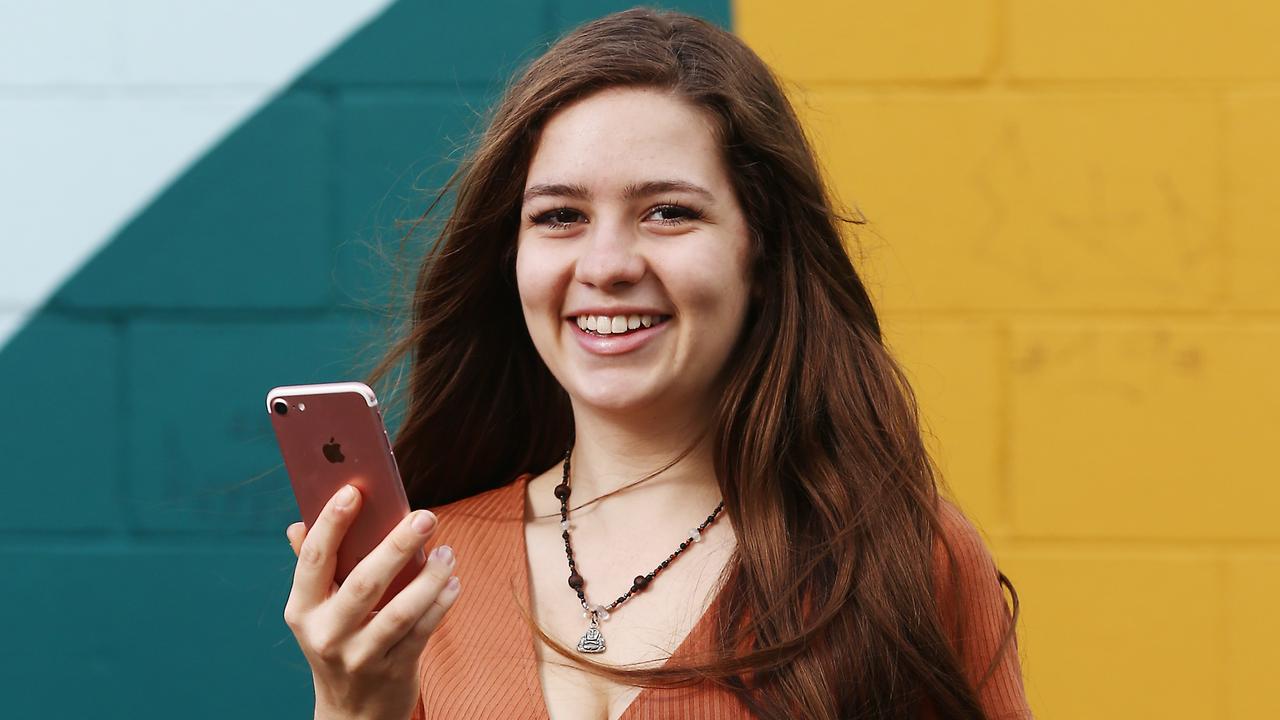Baraja says it has created a new LIDAR system that will reshape self-drive cars
An Australian start-up has created a light detection and ranging sensor that it says will transform self-drive cars.
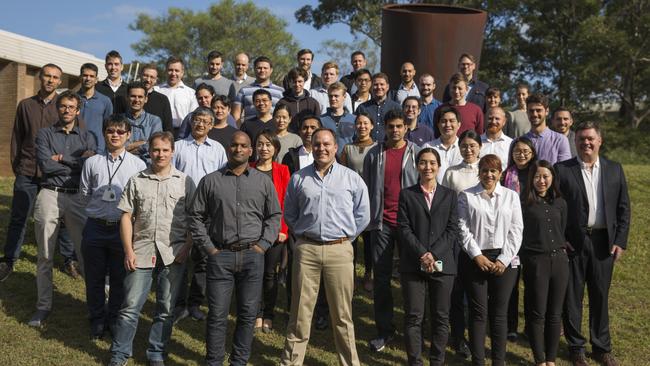
Australian start-up Baraja has announced a re-engineered LIDAR system that it says will transform self-drive cars.
It has created a LIDAR (light detection and ranging) sensor with no moving parts that supersedes the fast-spinning lights on the top of autonomous vehicles. It’s claimed to be more durable and accurate and a major breakthrough.
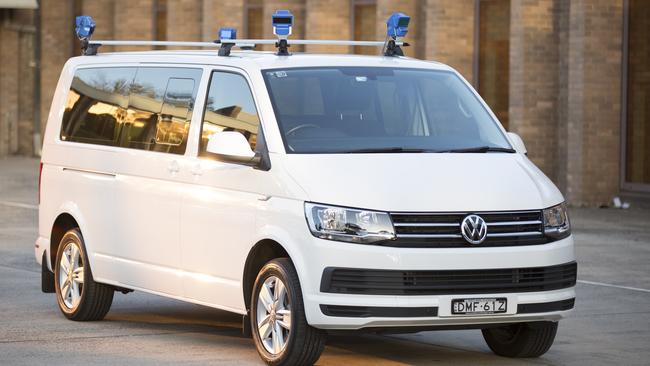
Baraja says the spinning lights systems’ moving parts are prone to failure and susceptible to weather damage. They are bulky and typically limited to 100 rotating lights.
Baraja’s system can simulate thousands of spinning lights. It uses a modular system comprising a LIDAR engine box inside a vehicle and stationary laser sensors outside. Vehicles typically have 1 to 4 of these sensors which can also be embedded in the vehicle’s frame. Sensors are connected to the engine box by optical cable.
Co-founder Cibby Pulikkaseril says the system offers “unlimited performance”. “Resolution and range are yours at a snap of the finger,” he says. Baraja calls it “spectrum scanning LIDAR”.
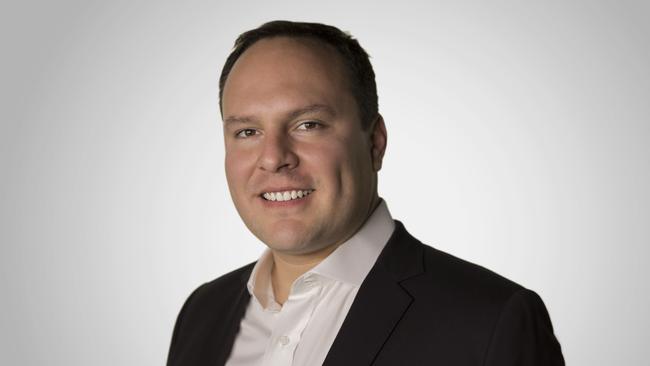
LIDAR is among primary technologies used to create a picture of a vehicle’s surroundings. The others include cameras and radar detection. LIDAR works in different atmospheric conditions, day and night, and is not impaired by clouds and shadows as cameras are.
Baraja’s LIDAR uses optics to bounce an invisible laser beam off a prism at different angles and into the environment. It uses the laser light’s return time to calculate the shape and distance of objects. The sensors emulate a spinning system comprising thousands of laser lights by creating light beams of different frequency that bend at different angles through the prism.
Baraja, in the spirit of some other technology companies, began by operating in the garage of one of its founders. It was the garage of Dr Pulikkaseril’s fellow co-founder, chief executive Federico Collarte.
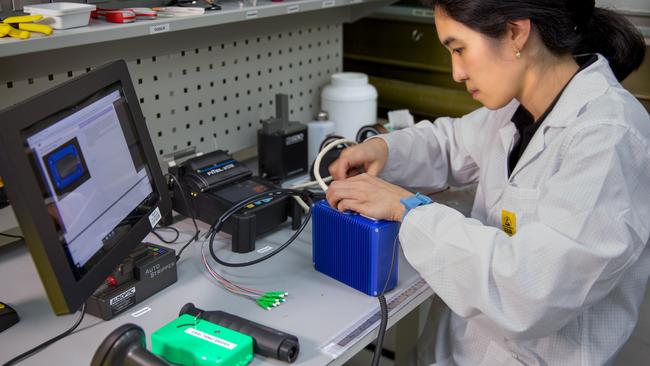
The company has since become a tenant working at CSIRO’s campus at Lindfield, north of the Sydney CBD. Mr Collarte says CSIRO and the National Measurements Institute have been testing the LIDAR system. Sequoia and Blackbird are among its financial backers.
“They gave us a chance to come here for six months and see if we could in fact collaborate with them and how that collaboration would happen,” he told The Australian.
“It was a very fruitful collaboration. We started engaging with some of their optical scientists and we started using some of the measurement and testing facilities.”
Baraja was given the green light to stay on and has grown from 2 to 60 people. The company is 2½ years old, has offices in China and the US, and is hiring in Europe and Asia.
“Although we’re still in stealth mode and we’re very media shy, we’ve been working heavily with the best self driving people around the world,” Mr Collarte said.
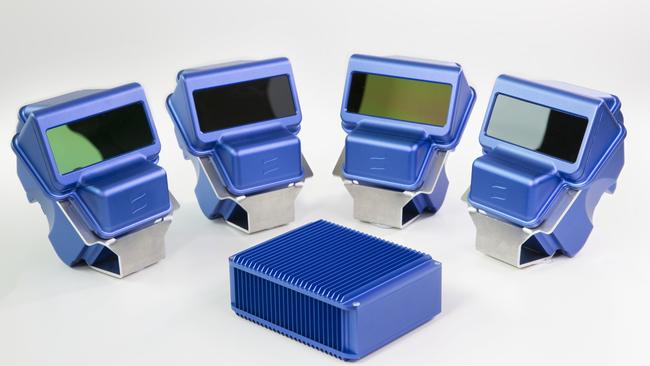
He says Baraja’s LIDAR system is “the best in the world”. Sensors are not impacted by vibrations, shock and changes in temperature.
Dr Pulikkaseril recalls when Baraja began in Mr Collarte’s garage. “He moved his car out, put some tables in there; he screwed in a light bulb. It was cold, it was damp, it was miserable, but I was so thrilled to have equipment on the table and be able to start working on this idea.”
Since its move to CSIRO, Baraja has used an 85-metre tunnel for testing.
At the moment it’s LIDAR system is an aftermarket solution that can be retrofitted to existing vehicles but Baraja aims for future systems to be installed during vehicle manufacturing.
Originally from Peru, Mr Collarte worked with Finisar Australia, a supplier of optical communication products, and then at Cochlear involved with engineering of an implantable hearing solution. Dr Pulikkaseril has more than 20 years of experience in optics and photonics.


